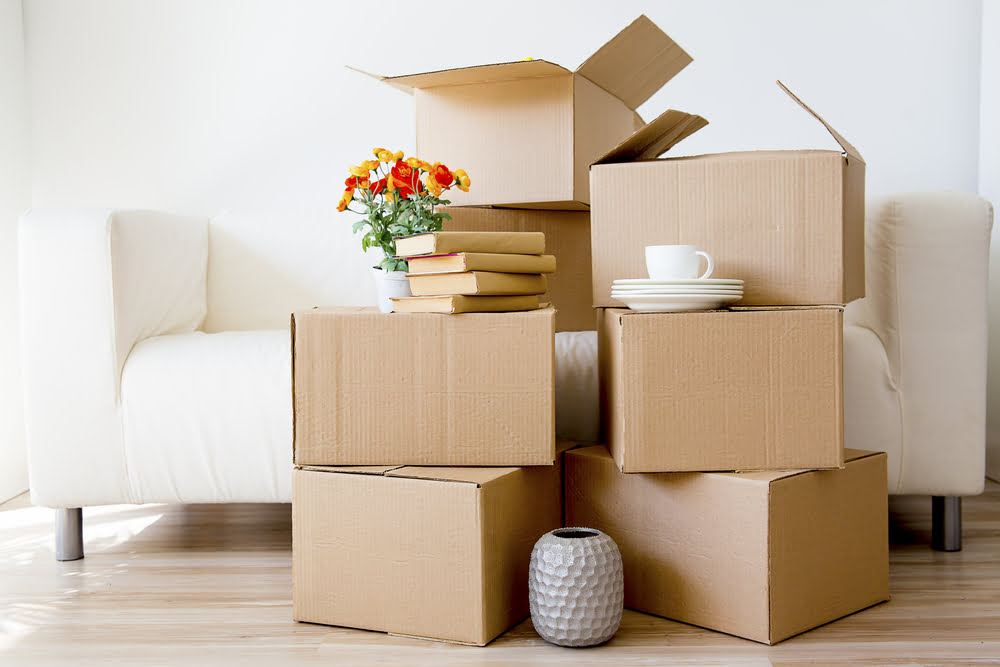Buying your first property? We answer some of the questions we’re often asked to help you get prepared for your mortgage application and improve your chances of success…
How much deposit do you need?
At least ten per cent or more is ideal. In 2020, many lenders withdrew 90 per cent mortgages due to high demand but some have recently reintroduced them. However, the more deposit you can save, the more choice you will have and the more competitive the interest rate. A 15 or 20 per cent deposit is likely to mean a better interest rate.
Can you get a 95 per cent mortgage?
There are a very small handful of 95 per cent mortgages available but interest rates are likely to be higher and there could be some degree of risk. If you take out a 95 per cent mortgage and the value of your home drops, you could be paying interest on a loan bigger than the value of your property.
Do you need to pay off all credit card balances and loans?
Your broker will tell you if this is necessary, but in many cases, it won’t be a requirement. However, it’s important to make monthly repayments on time and avoid late payments. Your broker will need to know details of any credit card balances or loans, including the balance owed on each.
Do you need to get a credit report before you apply for a mortgage?
It’s worth checking your credit report before you apply as if you are turned down for a loan this could affect your credit rating in future. There are various credit reference agencies you can use online – Checkmyfile, Experian or Equifax are popular choices. However, it’s important to note that credit scores you see are not set in stone and a lender will measure your credit worthiness based on their own scorecard.
Do you need to be on the electoral register?
Yes, this will improve your credit rating. Make sure your address is up to date if you’ve recently moved.
How much will you be able to borrow?
It depends on the lender. Some are more flexible than others on how much they are willing to lend. You can typically borrow between 4 to 4.5 of your joint income or sole income if you are applying on your own. However, if you’re a doctor, accountant, dentist or a vet, you may be able to borrow up to 5 times your salary.
What other costs do you need to budget for?
There are various costs to consider, including the cost of a valuation which your lender will carry out to check the value of the property matches your borrowing requirements. We also strongly recommend you have a separate survey done to check that the property is in good condition.
You also need to factor in solicitors fees, removal costs, buildings insurance and possibly stamp duty depending on the value of the property. From 1 April 2021, you’ll pay no stamp duty up to £300,000 and five per cent on the portion from £300,001 to £500,000.
It’s also important to note that some lenders may charge an admin fee on your mortgage, while a broker may charge a fee for the work involved in preparing your application.
How long does it take to get a mortgage?
The process is currently taking longer as lenders have recently faced high demand for mortgages and there is a backlog of applications. Mortgages that would normally take around two weeks to be approved (after your paperwork has been submitted) could now take around four weeks.
Should you go for a fixed rate or variable rate mortgage?
It depends on whether you’d prefer peace of mind. If you want to play it safe, a fixed rate mortgage may be best. The amount you pay every month stays the same for a specified term (normally two to five years) even if interest rates change. A variable rate mortgage is less secure as the interest rate can change in line with rates going up or down.
Can you get a mortgage with bad credit?
It may be possible, but your options could be limited, and you will probably pay a higher interest rate. If you have county court judgements (CCJs), individual voluntary arrangements or a bankruptcy in your credit history, it can be difficult. If you have settled any debts – for instance, if you had a CCJ against you that has been paid off, it’s a good idea to obtain a certificate of satisfaction which shows the debt has been cleared. We recommend speaking to a reputable mortgage broker to explore your options.
What paperwork do you need to apply for a mortgage?
If you’re employed you’ll need to provide payslips and bank statements for the last three months, your P60, a utility bill (showing your address) and your passport and driving licence.
If you’re self-employed you’ll need two to three years of audited accounts, two years of your SA302 or equivalent tax computation from your accountant, three months’ worth of bank statements for personal and business accounts, a utility bill and your passport and driving licence.
Can you get a mortgage if you’re currently on furlough?
Many lenders won’t be keen to lend if you’re currently furloughed. It would be best to wait until you have returned to work.
Can you get a mortgage if you’ve been furloughed and are now back at work?
This should be fine, provided you can convince a lender that your work situation is stable. They will want to know how long you have been back at work and may ask to see a payslip for a month or more. Some lenders will be more cautious than others.
More information
We’re here to help, so please get in touch for more mortgage advice, or you can download our free guide for first-time buyers.

